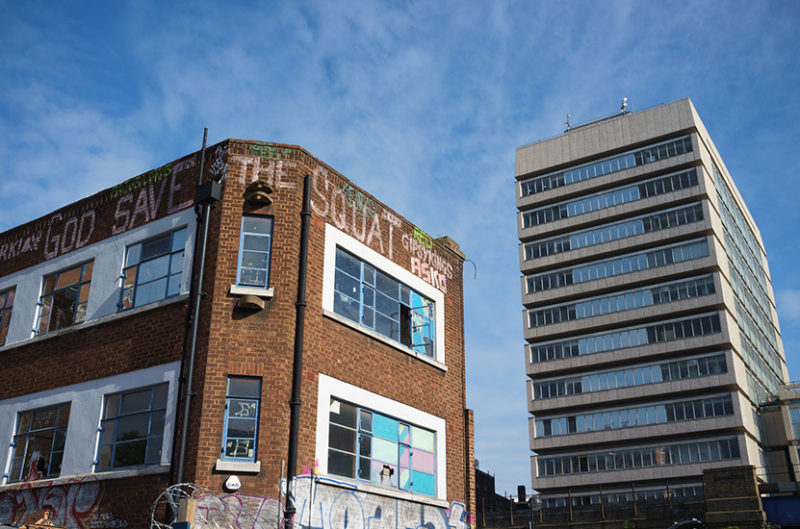The Ministry of Justice published its response to recent proposals to criminalise squatting in a consultation paper entitled ‘Options for dealing with squatting‘. The Government has announced that it intends to make the illegal occupation of a residential property a criminal offence. Section 7 of the Criminal Law Acts 1977 already makes it a criminal offence if a squatter fails to leave a residential property when required to do so by a ‘displaced residential occupier’ or ‘protected intending occupier’. This means that at present, only homeowners, who were made homeless by squatters moving in to their property are legally protected and squatters are allowed to enter an empty property if it is left unsecured. The new rules are bound to give more protection to landlords and owners of second homes.
Under the new regulations, a criminal offence would be committed, if a person was in a residential building as a trespasser, knew or should have known that he or she was a trespasser and was living or intending to live in the building. The proposed legislation will effectively change trespass from being a civil to a criminal offence, and the trespasser could face up to year in jail or a fine.
At present, the Government is not proposing to criminalise squatting in commercial properties. This means that the occupation of buildings during protest activities will not fall under the new legislation. As Crispin Blunt, Parliamentary Under-Secretary of State for Justice explained: “Stopping short of criminalising squatting in non-residential building represents a balanced compromise.”
Many landlords associations and residential property owners agree that the current rules are inadequate in many situations. The Residential Landlords Association and the British Property Association were supportive of the proposed changes and suggest that the new legislation should be extended to commercial property as well. Graham Kinnear, Managing Director of Landlord Assist is also supportive of the new legislation that will give more legal protection to landlords. As he says: “Squatting can cause a huge amount of distress and worry for landlords. Not only can it take a long time to gain repossession of the property but any damage incurred can lead to landlords leaving the property empty for a longer period of time whilst repair work takes place.”
On the other hand, the Law Society and the Criminal Bar Association have strongly opposed the creation of a new criminal offence, arguing that the current law was effective and that introducing new offences would be disproportionate and counterproductive. The Law Society has expressed its concerns regarding the new proposals in a response to the Ministry of Justice’s original document: “The consultation proposes to create a new criminal offence of squatting, This is unnecessary. It is our experience that squatting is not a significant problem and that where it does occur there is a range of laws both civil and criminal that are adequate to deal with it.”
Many regional and national homelessness charities, like Shelter and Homeless Link have also expressed serious concerns about the new proposals.
The new legislation will not apply in cases when the property has previously been occupied legitimately, for example if tenants fall behind with their rent payments.
If you need legal advice in the areas of residential property or commercial property, Morgan Kelly Solicitors can assist you with a range of property matters, including land transfers, mortgages, buying and selling a property, tenancy agreements and leases. Contact us today and have a look at our property conveyancing services.
Photo © Dimitri Hon



